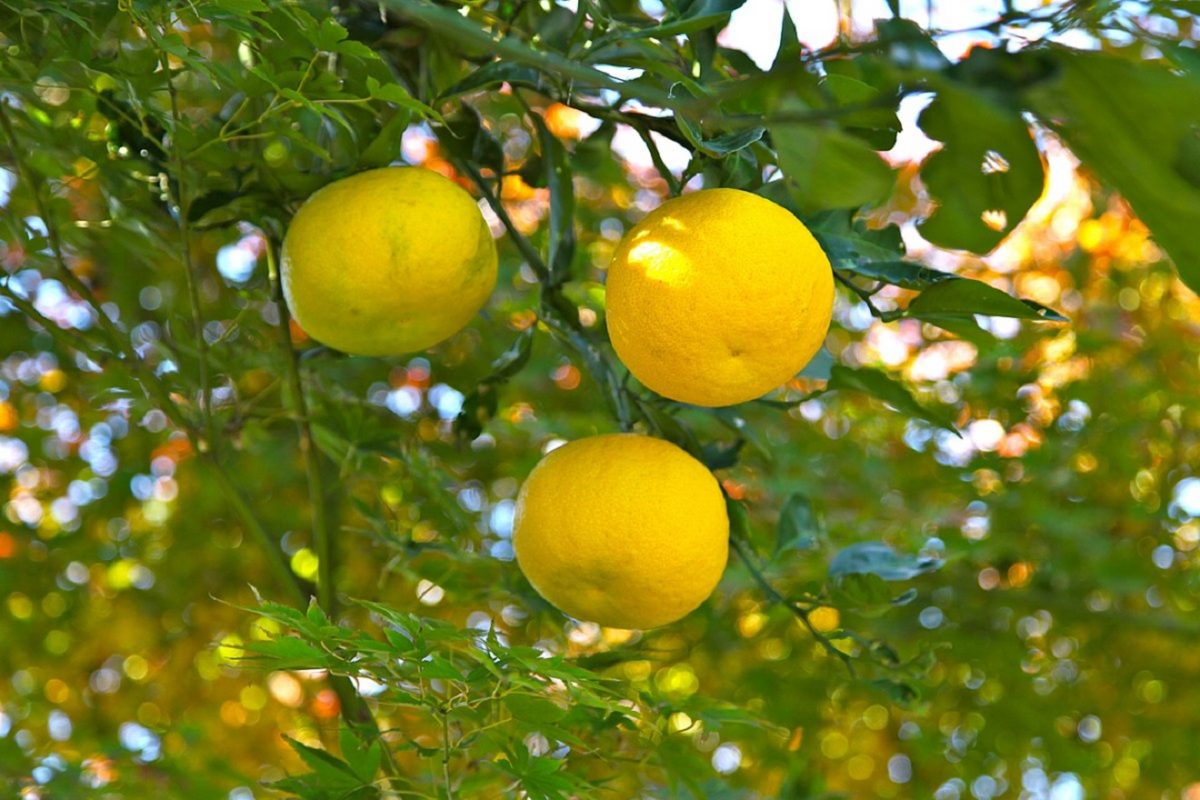



After appearing in several places, like Sydney and Melbourne, yuzu is now slowly starting to become popular in cafes, cocktail bars and restaurants. At times, yuzu is also made into a hollandaise and curd, which perfectly complements banana bread. In many farms, these citrusy fruits are utilized to develop deodorant, moisturiser, shampoo and other cosmetic grade products.
Yuzu originated on the banks of China’s Yangtze River and was later introduced via Korea to Japan, where it became a kitchen staple – appearing in soups, sushi, salads, teas and desserts – as well as a medicinal wonder. This fruit is known for having three times as much vitamin C as lemon. There are two other big commercial growers of the fruit in Australia: Mountain Yuzu, the largest, at the foothills of the Victorian alps near Bright, and G. M. Arnold & Son at Waikerie in South Australia’s Riverland region.
Eye Health
The vitamin C present in this fruit, along with other nutrients, may slow the progress of age-related macular degeneration, or AMD, a common cause of vision loss. One can get vitamin C from a supplement, but ophthalmologists recommend a diet rich in leafy greens and red and yellow vegetables and fruits, like yuzu.
Stress Relief
The fragrance of yuzu fruit could be an effective stress-reliever. In one study of college students, an essential oil derived from yuzu improved the mood of female students. Researchers showed this effect by measuring a substance in saliva that rises during stressful events.
Heartburn
Citrus fruits are one of the top triggers for heartburn because of their acid levels. If you have chronic heartburn, try limiting citrusy foods and don’t lie down immediately after eating. It may help to eat citrus-like yuzu fruit with other foods.
Improved Blood Flow
Two compounds in yuzu fruit, hesperidin and naringin, can keep platelets (colourless blood cells that help to clot) from sticking to the lining of blood vessels. This antiplatelet activity can prevent blood clots and inflammation of blood vessels.